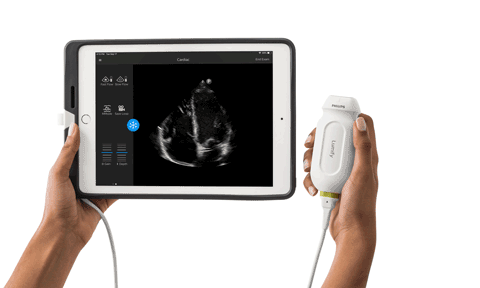Acerca de
Following the start of the full-scale invasion, the Ministry of Health, international donors, and charitable organizations began to strengthen the material and technical base of healthcare facilities to ensure they are ready to face daily challenges and provide professional medical assistance. Ukrainian hospitals, especially in the front-line regions, continue to require essential equipment to aid wounded soldiers and the civilian population. In the spring of 2022, the Ministry of Health of Ukraine issued a consolidated request for humanitarian assistance to international organizations, specifically for defibrillators, portable ultrasound machines, infant incubators, and more.
In most Ukrainian hospitals, a critical shortage of basic medical equipment necessary for primary diagnosis, surgical interventions, and adequate rehabilitation has been documented. Simultaneously, the number of patients who have sustained injuries from artillery, aviation, and missile strikes has significantly increased.
According to a survey conducted as part of the “Barometer” project by the National Humanitarian Aid Agency ZDOROVI, 62% of surveyed healthcare institutions indicated medical equipment as necessary humanitarian assistance, with 14% describing it as critical. Facilities in the future de-occupied territories will especially require this type of aid.
We have chosen to focus our attention on the following types of medical equipment:
-
Multi-functional beds;
-
Sterilization equipment;
-
Portable medical equipment (ultrasound devices, X-ray machines).
In close collaboration with representatives from the regional healthcare management, we select hospitals based on the following criteria:
-
Type of healthcare institution (cluster hospitals, stronghold hospitals, multi-profile medical facilities, institutions performing life-critical functions such as blood transfusions and dialysis, children's hospitals, perinatal centers with inpatient care);
-
Degree of the war's impact on the medical facility (hospitals in front-line regions, hospitals in de-occupied territories, hospitals in regions with the highest number of internally displaced people);
-
Number of beds;
-
Number of patients treated in inpatient and outpatient settings in 2022;
-
The institution's supply of medical equipment from other donors and the Ministry of Health;
-
Availability of specialized departments (intensive care, operating rooms, burn units, etc.).
Portable Ultrasound Devices

Due to the increased number of people sustaining injuries from military operations, hospitals have reported an urgent need for high-quality portable ultrasound devices to support the requirements of emergency diagnostics in trauma, perinatal, and intensive care units. High-quality visualization on portable equipment is of primary importance during anesthetic procedures and is widely used in diagnosing patients with limited mobility.
At present, we have managed to supply 12 ultrasound devices to 11 hospitals.
Multi-Functional Beds
A large number of patients with severe burns, amputations, or those recovering from strokes require special care and long-term rehabilitation. Modern medical furniture significantly reduces patient recovery time and eases the workload of medical personnel providing care for patients with limited mobility. In total, we have supplied seven multi-functional beds with special inflatable mattresses from the well-known Hill-Rom brand to the largest hospital in the Mykolaiv region – the Mykolaiv Regional Clinical Hospital.
Multi-functional beds are relatively new medical equipment for Ukrainian hospitals, so special training for hospital staff was organized to ensure proper utilization.

Sterilization Equipment

Despite the crucial role of sterilization equipment in healthcare facilities, most hospitals continue to use outdated systems and old steam autoclaves from Soviet times, performing the pre-cleaning process manually. Such methods cannot guarantee proper sterilization of surgical instruments and can lead to infections and the further spread of diseases.
We contributed to strengthening of a modern Central Sterile Supply Department (CSSD) in the Mykolaiv Regional Clinical Hospital. Our team helped close critical gaps in the sterilization process,supplying the equipment for thermo-packing (which ensures long-term storage for sterilized instruments) and a two-chamber pre-cleaning station.
Additionally, the delivery of an autoclave for the Rudnev Maternity and Child Clinical Hospital in Dnipro will take place shortly.

